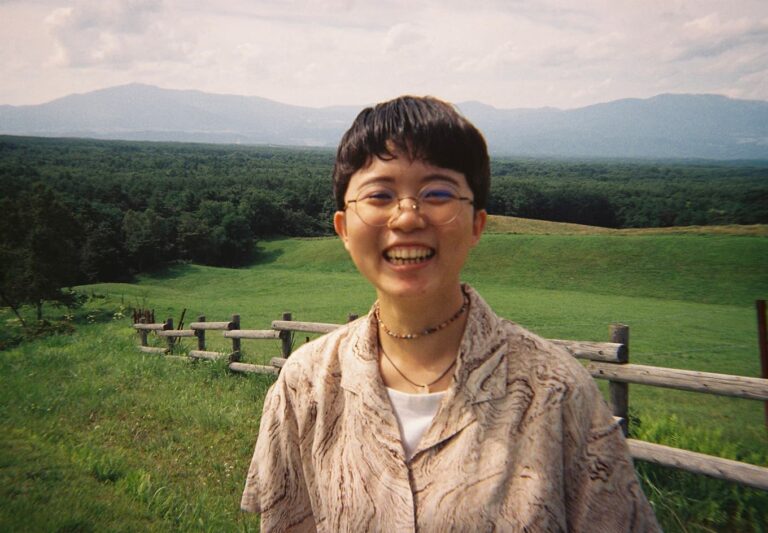Throughout the summer of 2023, we experienced dangerous heat every day. There has never been a time when we felt the climate crisis so sharply that it was described as “the age of global boiling.” Will we have to live with even more life-threatening heat in the future?
What is needed to avoid the climate crisis is for Japan to move on from coal-fired power generation by 2030. Moreover, indicating “by 2030” means that we don’t just suddenly pull out from coal-related industries, but rather set a course for a just and fair transition. We can do this precisely because we declare our intention to move on from coal now.
In global citizens’ movements, you can hear chants of “Keep it in the ground (don’t dig up fossil fuels)”. Attempts are being made to extend coal-fired power generation through “new technologies,” including co-firing with ammonia and hydrogen, but these words tell us that not digging up fossil fuels in the first place is the key to halting climate change, and historical GHG emissions show that Japan needs to move away from coal-fired power and switch to renewable energy sources rich with potential.
Profile
Suzuka is Co-Chair of “record 1.5”, a movement to record the climate crisis. Born in Kagoshima in 2001, she is currently a student in the Faculty of Fisheries at Kagoshima University. In her senior year of high school in 2019, Suzuka joined as an organizer in Fridays For Future, a youth-led global climate strike movement calling for urgent climate action, and launched Fridays For Future Japan in 2020. She has since launched projects in Japan such as #気候危機止めるために学校休みます (school strikes to stop the climate crisis) and #選挙で聞きたい気候危機# (making the climate crisis an election issue). In 2021, she attended as a witness for the revision of the Act on Promotion of Global Warming Countermeasures. Suzuka currently serves as a member of the Kagoshima City Environmental Council.

